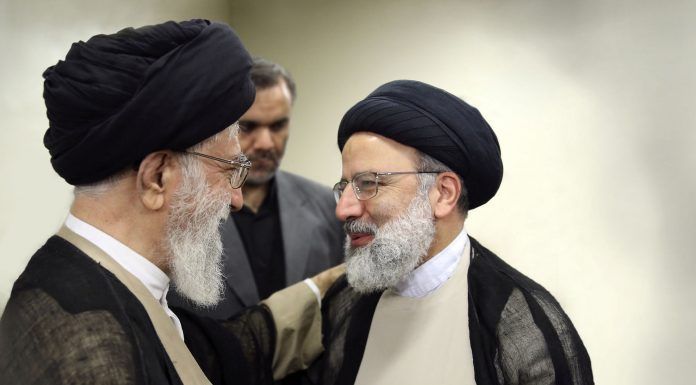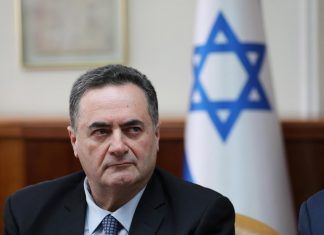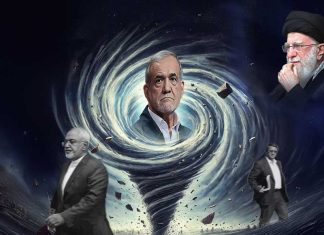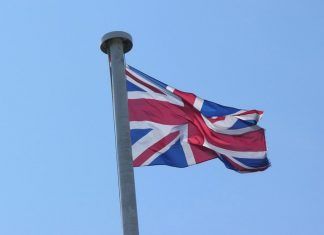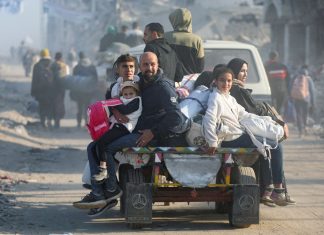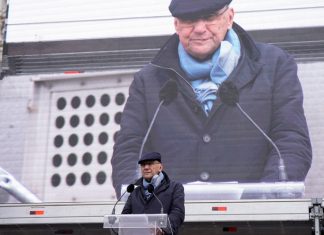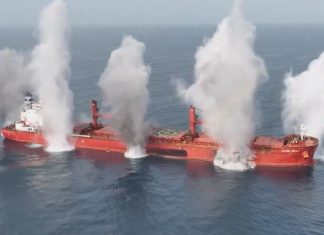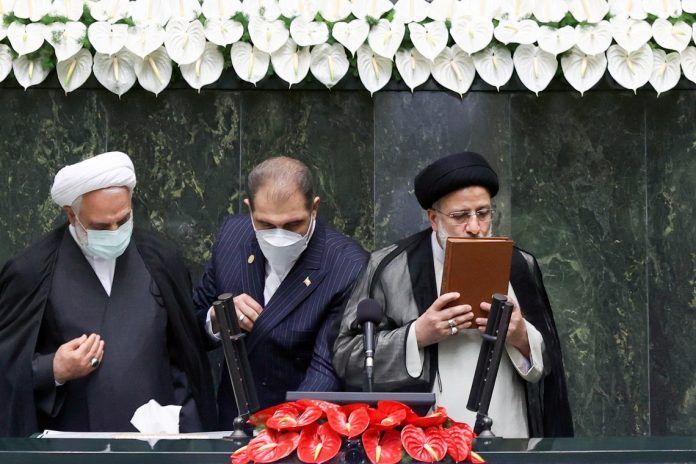
By Natasha Phillips
The cabinet of Iran’s newly elected President Ebrahim Raisi, contains more members facing international sanctions than any other in the history of the Islamic Republic, according to a report by the Washington-based Foundation for Defense of Democracies (FDD). The sanctions cover a range of issues — from links to terrorism to human rights abuses.
The Sept. 30 report noted that 12 of the 30 cabinet ministers in Iran’s new government have been sanctioned by either the European Union, the United Kingdom, the United Nations or the United States. They held some of the cabinet’s most important portfolios, including the defense ministry and the oil ministry, as well as two vice presidencies. At least eight members have been sanctioned by two or more countries or multilateral organizations.
Behnam Ben Taleblu, a senior fellow at FDD and the author of the report, told Kayhan Life that the composition of Iran’s new cabinet was a bold political stance.
“This new cabinet is a reflection of [Supreme Leader Ayatollah Ali] Khamenei’s comfortability with confrontation and contestation,” Taleblu said. “It also means that the mask is off. It is full speed ahead, and these are the men at the helm aiming to drive the US out of the way, and out of the region.”
The report noted several of Raisi’s ministers had a track record of “immense hostility” towards the West. It also found that the cabinet included a significant number of officials who had worked for Iran’s security forces.
Interior Minister Brigadier General Ahmad Vahidi, a former commander in Iran’s Islamic Revolutionary Guards Corps (IRGC), is the most sanctioned appointee. Vahidi has been blacklisted by the EU, the UK and the US. He is also the subject of an Interpol Red Notice for his alleged involvement in the 1994 bombing of a Jewish community center in Buenos Aires, Argentina.
Raisi himself has been sanctioned by the US for his alleged involvement in the execution of thousands of political prisoners in Iran in 1988. Elected Iran’s president on Aug. 3, he has vowed to lift the sanctions, which have crippled Iran’s economy.
EXCLUSIVE – U.N. Expert Backs Probe into Iran’s 1988 Killings, Raisi’s Role
Tensions between the US and Iran have escalated following the establishment of Iran’s new government. Discussions about the Joint Comprehensive Plan of Action (JCPOA) have remained on hold. Analysts have suggested that the pause is a tactical decision by Iran’s government.
The delay — experts have said — allows Tehran to develop its uranium enrichment program, which some experts think could lead to the production of a nuclear bomb.
“Economically, Iran still needs a bailout, but its quest for a deal sweetener should only partially be seen as motivated by economic desire,” Taleblu said.
“Rather, it’s best understood politically — an attempt to further extort Washington and test its desire for diplomacy by trying to get it to disassemble the sanctions regime before diplomacy even begins,” he added.
Iran’s Foreign Minister Hossein Amirabdollahian said on October 2 that Tehran would only return to the nuclear talks if Washington released $10 billion of frozen Iranian funds as a sign of good will. Washington has repeatedly said that it will not release any funds before talks take place.
Meanwhile, a longstanding row between Iran and South Korea over blocked funds held in South Korean banks has intensified. Iran’s government threatened the country with legal action on October 7 unless it released $7.8 billion which it said was owed to Iran for oil shipments. South Korea’s Foreign Minister Chung Eui-yong told Amirabdollahian that he would try to resolve the dispute, at a meeting held in late September between the two ministers.

